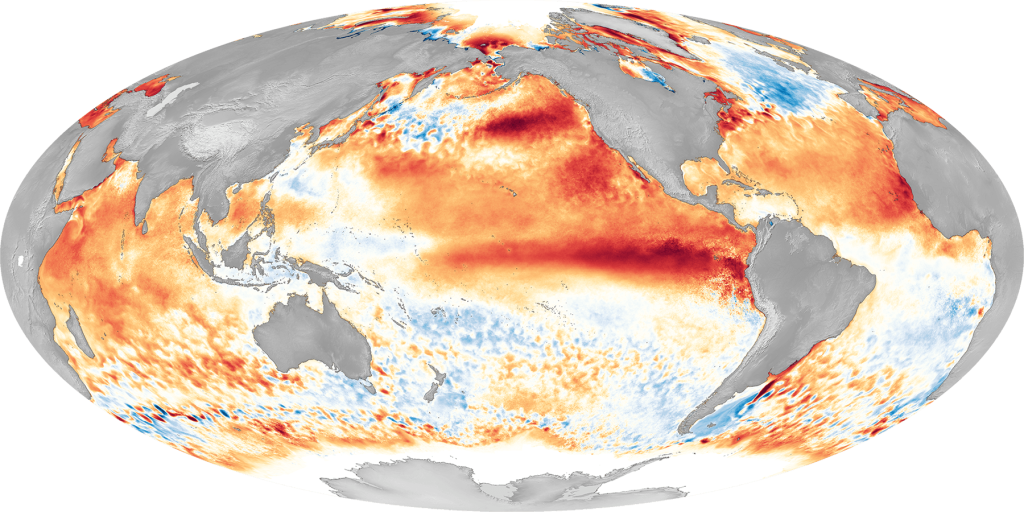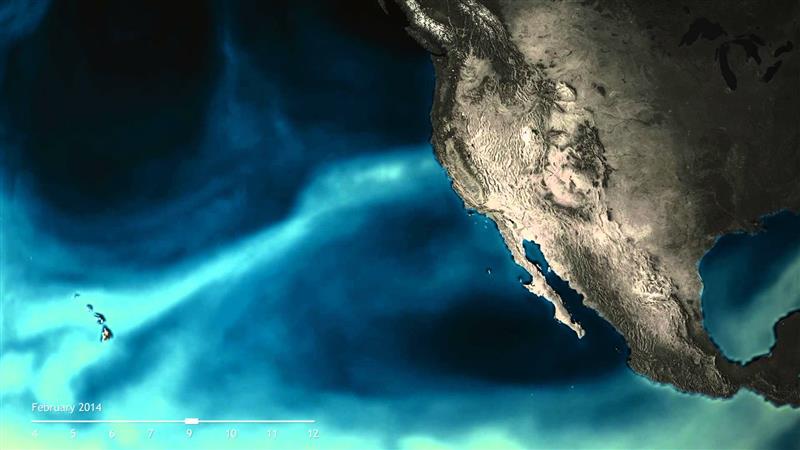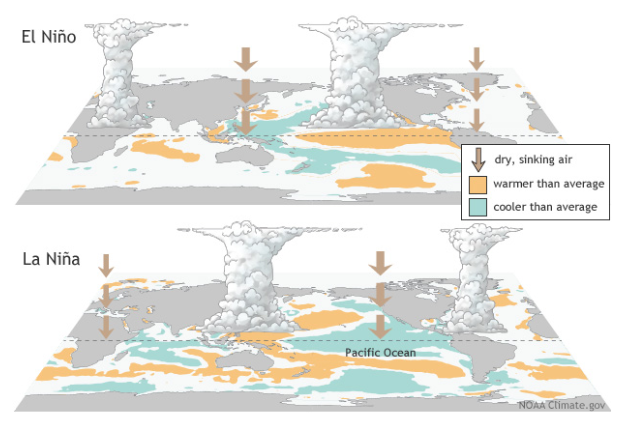New model enhances El Niño–Southern Oscillation (ENSO) forecasting
The extended nonlinear recharge oscillator (XRO) model integrates core ENSO dynamics with other climate modes to offer improved ENSO forecasts up to 18 months in advance.
New model enhances El Niño–Southern Oscillation (ENSO) forecasting Read More »











